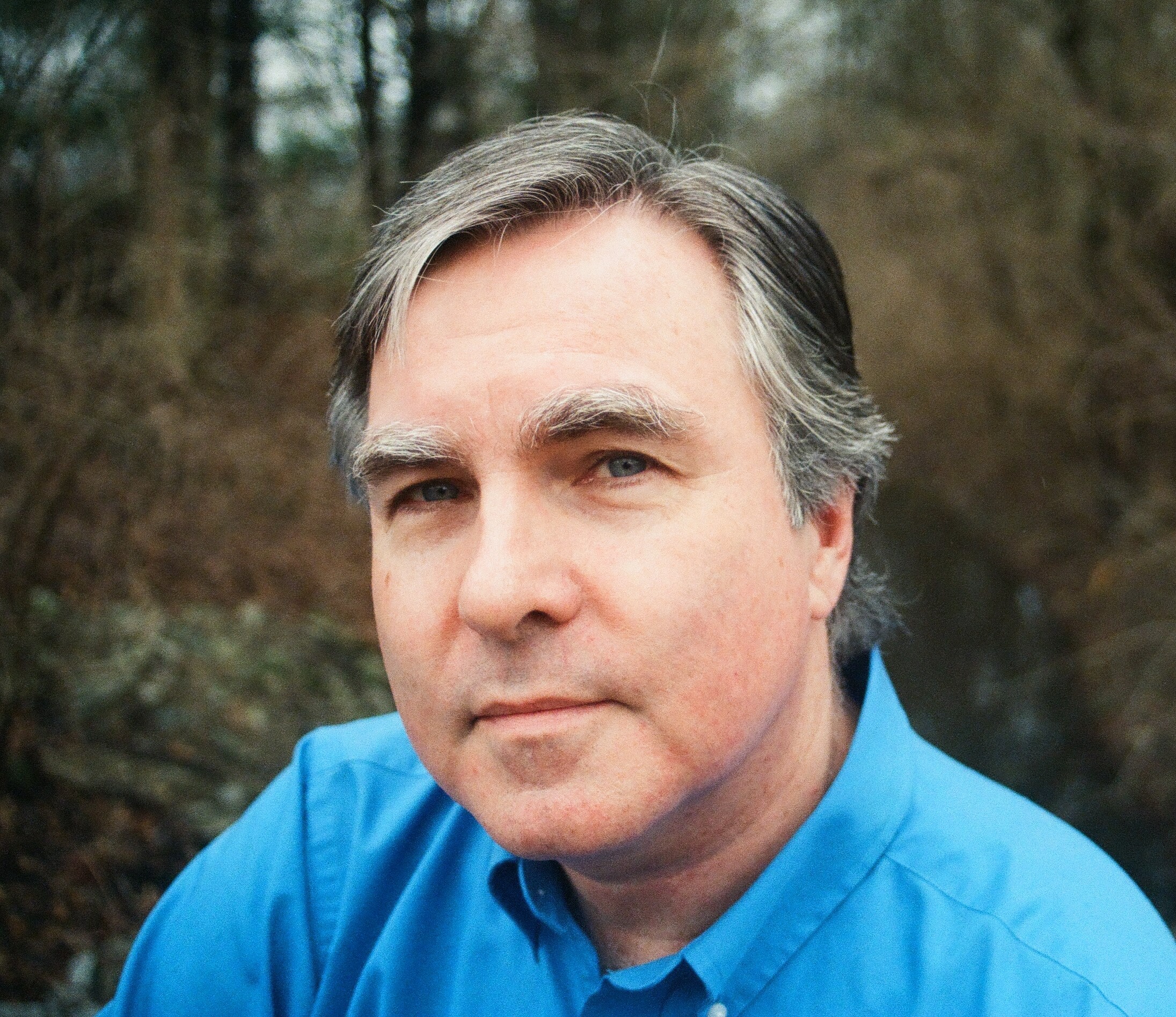Contributor Spotlight: Chris Forhan
Chris Forhan’s poem “What’s to Become of Me” is featured in Issue 75 of the Bellingham Review.
What would you like to share with our readers about the work you contributed to the Bellingham Review?
Tell us about your writing life.
What eventually turned into poems were, in my teenage years, songs. At a certain point, late in high school, I set down the guitar and dropped the melodies but kept writing the words. At that point the music inherent in language itself became a driving force for me, and it remains so; I find satisfaction in fiddling with vowels and consonants and trying to get the rhythm (the bass line, as it were) just right and thus discovering and giving shape to feelings and experiences that might not be able to be expressed otherwise. I feel most alive when I feel attuned to the astonishments and wonders of merely being, and writing a poem makes that happen for me. That’s why I still write and why I have always written.
Which non-writing aspect(s) of your life most influences your writing?
I tend to be inspired by language itself—including that of other poems. That’s the motor that gets my imagination and memory going. Ultimately, of course, various ancient sources of wonder or long-standing comforts or insults to the psyche show up in my writing and begin to hint at where the poem should go, but not until the right combination of words leads me toward them.
What writing advice has stayed with you?
I have often been asked this and always return to something the poet Charles Simic mentioned, offhandedly, in a class thirty years ago: “You want to write poems that will break people’s hearts, make them jump off tall buildings, join monastic orders.” That doesn’t tell me how to write poems, but it’s a helpful reminder of why I fell in love with poetry in the first place.
What is your favorite book (or essay, poem, short story)? Favorite writer(s)?
Every so often my eight-year-old son Milo, an obsessive reader, asks me to name my all-time favorite book. I have yet to come up with a better answer than The Collected Poems of Wallace Stevens.
What are you reading right now?
I’m reading the new translation by Margaret Jull Costa of Fernando Pessoa’s The Book of Disquiet, a long-time favorite—and, since I had never before read David Copperfield and had such a pleasurable time with it this past summer, Little Dorritt. Also, night by night, I am again reading, to my six-year-old son Oliver, Adventures of Huckleberry Finn. I only slightly bowdlerize it as I go. Oliver particularly enjoys hearing of the shenanigans perpetrated by the King and Duke and finds the problem of their outlandish lack of respect for the truth and for the dignity of other people to be relevant to our own political moment.
What project(s) are you working on now, or next?
I took five years off from poetry recently to write a memoir, and now I’m happily back working on poems, following them wherever they lead. I have completed a fourth poetry manuscript and just begun sending it out for the Fates to deal with.
Anything else our readers might want to know about you?
A plug: I am married to another poet, Alessandra Lynch, and she has a magnificent new book that deserves as big an audience as possible: Daylily Called It a Dangerous Moment.
Where can our readers connect with you online?
CHRIS FORHAN’S most recent book is a memoir, My Father Before Me (Scribner, 2016). He has also published three books of poetry: Black Leapt In; The Actual Moon, The Actual Stars; and Forgive Us Our Happiness. He has won two Pushcart Prizes and a National Endowment for the Arts fellowship and lives in Indianapolis, where he teaches at Butler University.
Featured Image: “Burg Frankenstein” by sven.dressler
